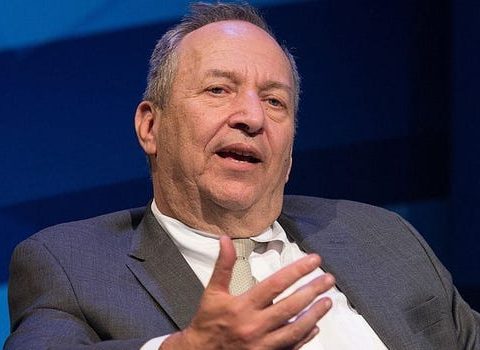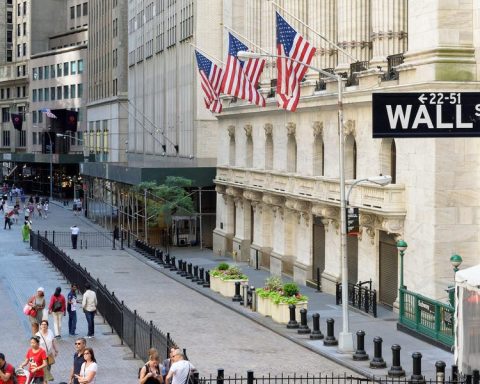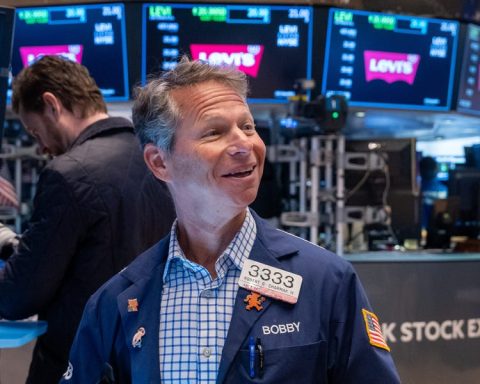Religious Investment Funds on the Rise
Religious investment funds are experiencing a significant uptick in interest. Last year, assets in faith-based funds reached $100 billion for the first time. This surge in popularity has coincided with the presidency of Donald Trump and a resurgence of religious sentiment across the United States.
A niche segment of the exchange-traded fund (ETF) and mutual fund market has quietly seen growth, attributed to the increased religious consciousness during Trump’s two terms in office. Although faith-based investments represent a smaller segment of the ETF landscape, many investors, primarily from Christian or Catholic backgrounds, have gravitated toward these funds in the past year. Most of these investments pledge to avoid involvement with industries linked to issues such as abortion, tobacco, and gambling.
According to a report from Brightlight, a faith-based investment advisory, the total value of faith-based investments rose to at least $130 billion last year, with a noteworthy 14% increase in the 15 months preceding June 2024. Specifically, faith-based ETFs expanded by 27% year-over-year in 2024.
Increased Demand for Faith-Based Investment Advisory Services
Brightlight has also reported a growing demand for its investment advisory services, with inquiries for faith-based screening services doubling since 2023. Inspire, which touts itself as the largest faith-based ETF provider globally, has seen its assets under management skyrocket to $3 billion in the last year, with $1 billion gained in just 18 months leading up to September.
Inspire CEO, Robert Netzly, attributes this rising interest to an awakening within the faith community. “People are becoming aware that their investments have been funding practices that contradict their beliefs, such as human trafficking and abortion,” he stated.
Guidestone, another faith-based investment firm, is also witnessing increased demand, reporting $22.5 billion in assets under management—an impressive 46% growth over the past three years. Though numerous funds cater to various religious values, most of the investment activity is dominated by Christians, Catholics, and evangelicals, as noted by both Netzly and Tim Macready, the head of global advisory at Brightlight.
While strategies may vary, the common goal among these funds is to steer investments away from practices that conflict with clients’ religious beliefs and towards those that align with their values. Real estate investments are often favored, as many investors see community development as a reflection of their faith. Conversely, investments related to abortion, alcohol, gambling, pornography, or child labor are frequently excluded from consideration.
However, many faith-based funds that apply these screening criteria have underperformed the broader market in recent times. For example, Inspire’s flagship ETF, the Inspire 100 (ticker: BIBL), notably avoids holding any of the “Magnificent Seven” stocks, which have driven significant market gains. Despite this, the fund is currently outperforming the market in 2025 by avoiding the downturns experienced by large tech firms, with a year-to-date decline of about 1%, compared to the S&P 500’s drop of 3.8%. Nevertheless, religious investors often prioritize faith alignment over market performance, according to Netzly.
Political Factors Influencing Faith-Based Investing
While many investors attribute their growth in faith-based investment to divine guidance, the rise of these investments has also paralleled Trump’s presidency. Phillip Dickson, CEO of Monorail, an investment service promoting faith- and values-based investing, noted a general sense of optimism among clients after Trump’s election. Trump garnered strong support from white evangelical Protestant voters, with 81% favoring him over Biden, and identified as a nondenominational Christian in 2020.
Macready highlighted a correlation between the increasing popularity of faith-based funds and the evolving political climate in the U.S. He noted that faith-based investors have become much more vocal, especially on conservative topics such as abortion.
Netzly observed a strong pro-Trump sentiment among many faith-based investors, expressing optimism that the president’s policies would benefit the companies Inspire chooses to invest in. “People of faith overwhelmingly supported Trump, not necessarily because of his religious identity, but due to his favorable policies for faith communities,” Netzly said, adding that it’s exciting to see the potential impact on investment returns.







